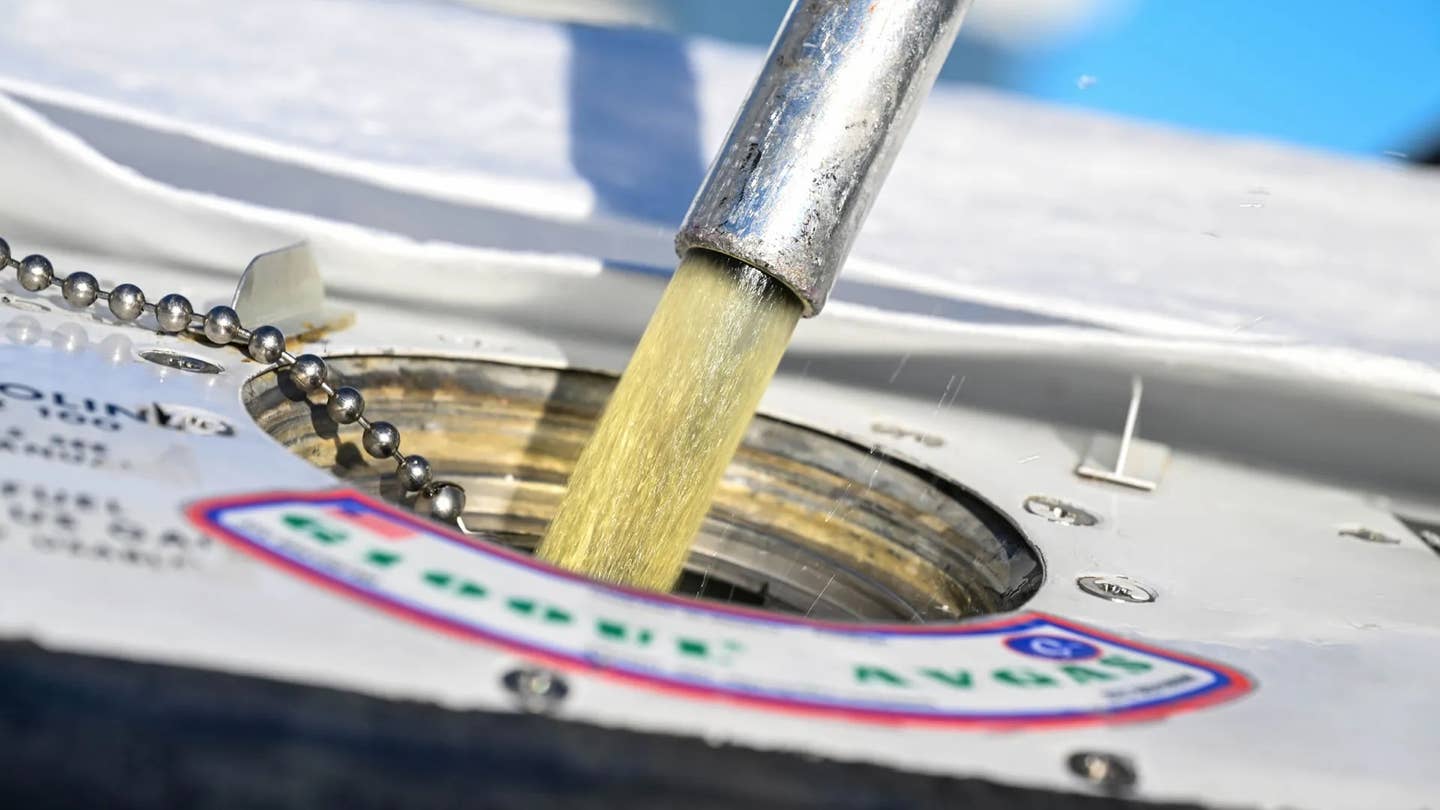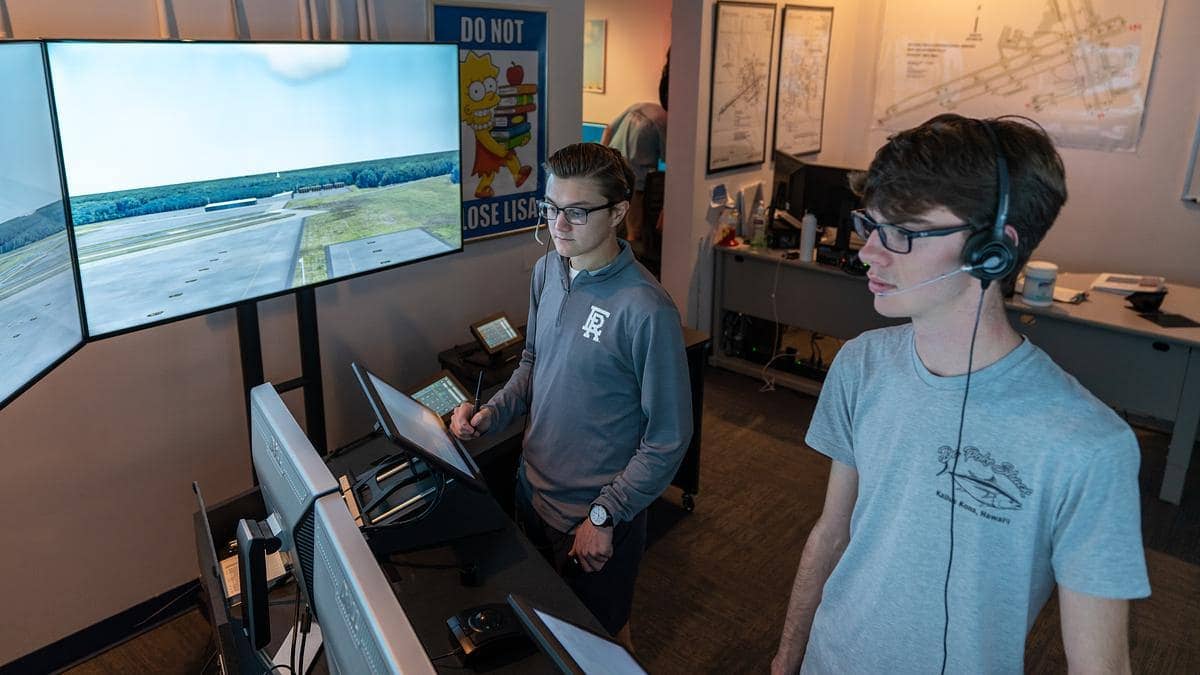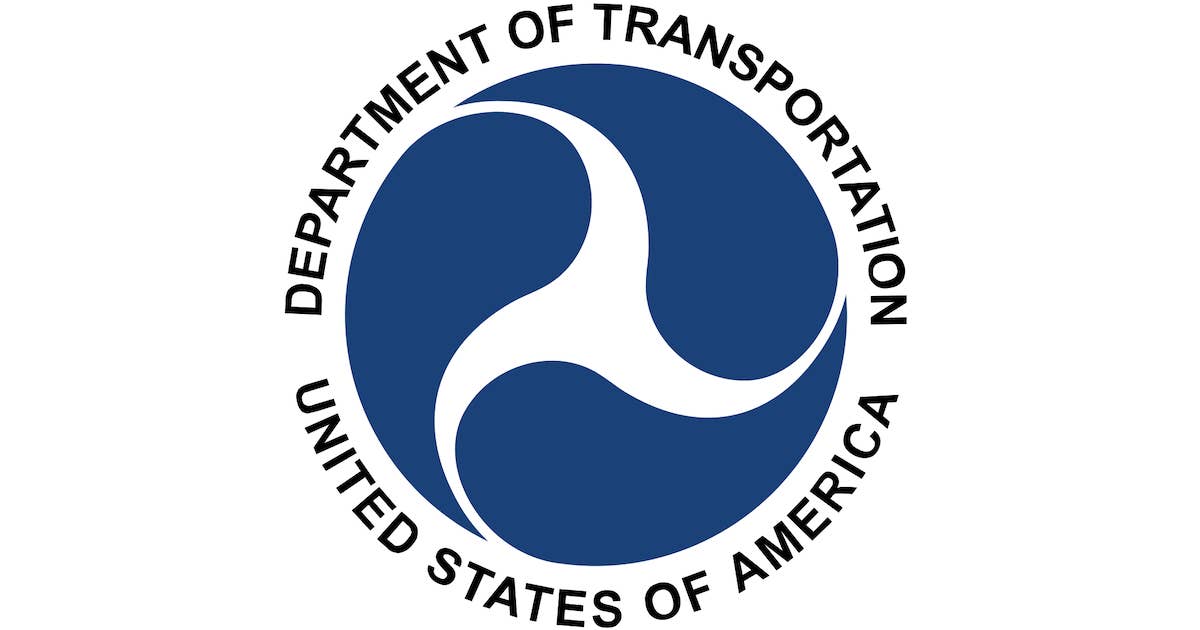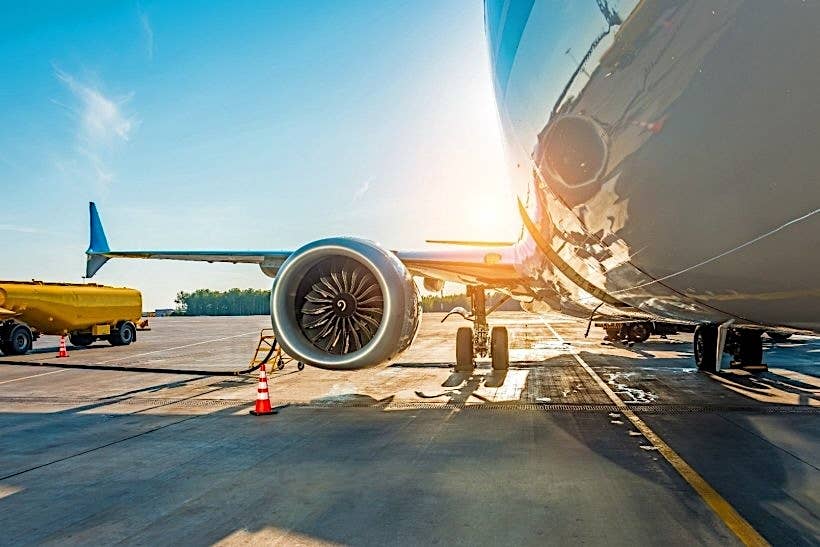FAA Finds Further MAX Risk (Updated)
The FAA has recently discovered another potential risk on the grounded 737 MAX that it is requiring Boeing to mitigate before the aircraft can be returned to service, according to…
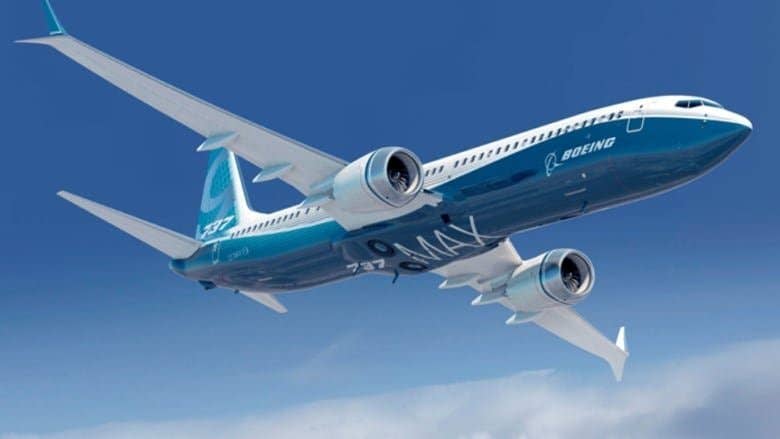
Image: Boeing
The FAA has recently discovered another potential risk on the grounded 737 MAX that it is requiring Boeing to mitigate before the aircraft can be returned to service, according to a statement by the agency on Wednesday. The problem reportedly involves the speed at which a computer chip is processing data, causing electric trim switches on the control column to take too long to respond to inputs and move the horizontal stabilizer in a runaway stabilizer scenario. According to a statement by Boeing, the company believes a further software update will address the issue, which was discovered during simulator testing last week.
“During the FAA’s review of the 737 MAX software update and recent simulator sessions, the Federal Aviation Administration (FAA) identified an additional requirement that it has asked the company to address through the software changes that the company has been developing for the past eight months,” Boeing said. “Boeing agrees with the FAA's decision and request, and is working on the required software. Addressing this condition will reduce pilot workload by accounting for a potential source of uncommanded stabilizer motion.”
The Boeing 737 MAX was grounded last March after the fatal crashes of Ethiopian Airlines Flight 302 on March 10 and Lion Air Flight 610 on Oct. 29, 2018. “The FAA is following a thorough process, not a prescribed timeline, for returning the Boeing 737 Max to passenger service,” the FAA said in its statement. “The FAA will lift the aircraft’s prohibition order when we deem it is safe to do so.” Following the announcement of the need for further risk mitigation, MAX operator Southwest Airlines removed the aircraft from its schedule through Oct. 1. United Airlines also extended its cancellation of MAX flights from its previous date of Aug. 3 to Sept. 2.
The FAA says it is also in the process of responding to recommendations it has received from the Technical Advisory Board (TAB), an independent panel tasked with reviewing the agency’s work on returning the 737 MAX to service. FAA evaluation of Boeing’s modifications to software for the aircraft’s Maneuvering Characteristics Augmentation System (MCAS)—generally understood to have significantly contributed both accidents—is ongoing as is development of future training requirements for the aircraft.

